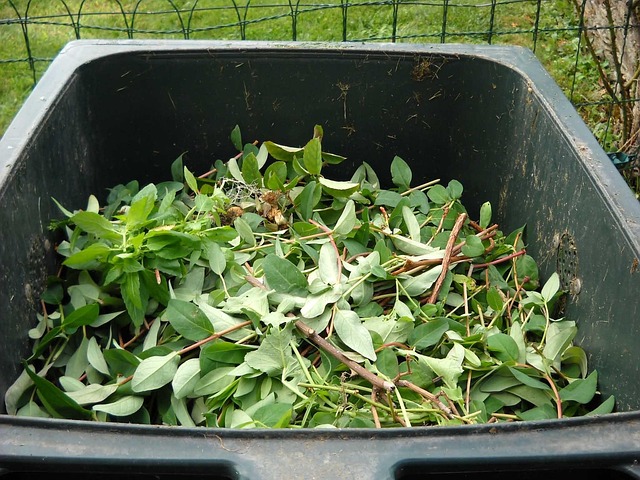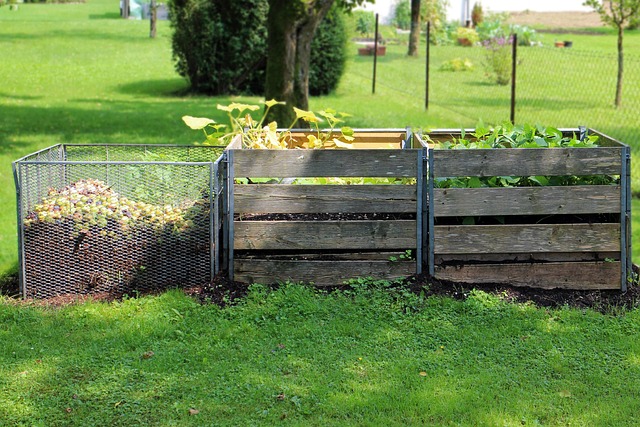10 Eco-Friendly Composting Techniques for a Greener Garden
In the heart of every eco-conscious gardener lies the desire to nurture nature while cultivating a vibrant garden. Composting techniques are not just about recycling waste; they embody a philosophy that celebrates the circle of life. By turning kitchen scraps and yard waste into nutrient-rich compost, we can reduce our carbon footprint and give back to the earth. Here are ten eco-friendly composting techniques to transform your garden into a greener paradise.
1. Traditional Heap Composting
Create a compost heap in your backyard where you can pile up organic materials such as fruit and vegetable scraps, coffee grounds, grass clippings, and dry leaves. This method is simple, effective, and reminds us of the beauty of nature’s cycles.
2. Bokashi Composting
Utilizing the Bokashi method allows you to ferment kitchen waste, including dairy and meat, in a sealed container with a special bran. This technique enriches the composting process and minimizes odors, making it perfect for urban settings.
3. Vermicomposting
Bring worms into your composting routine! Vermicomposting uses red wigglers to break down organic waste into nutrient-dense worm castings. Not only is it environmentally friendly, but it also teaches us about the incredible life processes occurring beneath our feet.
4. Trench Composting
Burying organic waste directly in the soil is an age-old technique known as trench composting. This method enriches the soil naturally, allowing your garden’s ecosystem to thrive as the materials decompose underground.
5. Smart Composters
For those who prefer a tech-savvy approach, smart composters offer a convenient solution. These devices can automatically mix and aerate the compost, speeding up the decomposition process and making it easier to engage in eco-friendly gardening.
6. Tumbler Composting
Tumbling composters allow for easy mixing and aeration, speeding up the composting process. Rolling the composter regularly ensures that your garden waste breaks down quickly while keeping the process clean and hassle-free.
7. Companion Planting for Compost
Certain plants can enhance the composting process by attracting beneficial organisms or improving soil quality. Incorporate companion plants like legumes, which add essential nitrogen back to the soil, enriching your compost contributions.
8. Sheet Composting
This no-fuss technique layers organic materials directly onto the garden, letting them decompose in place. Sheet composting adds nutrients to the soil while reducing waste, allowing nature to do its work effortlessly.
9. Community Composting
Engage with your local community by participating in community composting initiatives. Sharing resources and knowledge with neighbors enhances local ecosystems and fosters a sense of responsibility for the environment.
10. Mulching with Compost
Using compost as mulch not only enriches the soil but also helps retain moisture, suppresses weeds, and regulates soil temperature. It’s a practical way to reap the benefits of composting while nurturing your garden effortlessly.
Every action we take towards sustainable gardening is a step into a greener future. By incorporating these eco-friendly composting techniques into your garden routine, you’re not just helping your plants thrive; you’re participating in a movement that honors Mother Nature and promotes a healthier planet.



